The Bitter-Sweet Taste of European Chocolate
Europe is home to some of the world’s finest chocolate makers — rich in flavor, craftsmanship, and heritage. But behind the glossy wrappers, the ethics can leave a bitter aftertaste. While some European chocolatiers support local communities and uphold strong values, many of the biggest brands — including those owned by global giants like Mondelēz — have continued business in Russia despite the war in Ukraine.
This list takes a closer look at both ends of the chocolate spectrum: the most responsible and local European brands, and those whose sweet success is overshadowed by profits prioritized over principles. The good news? There are still exceptional, ethical choices out there — you just have to know where to look.
Updated 19. April: We have added a few new products, based on your suggestions and elaborated on the cocoa sourcing. Thank you.
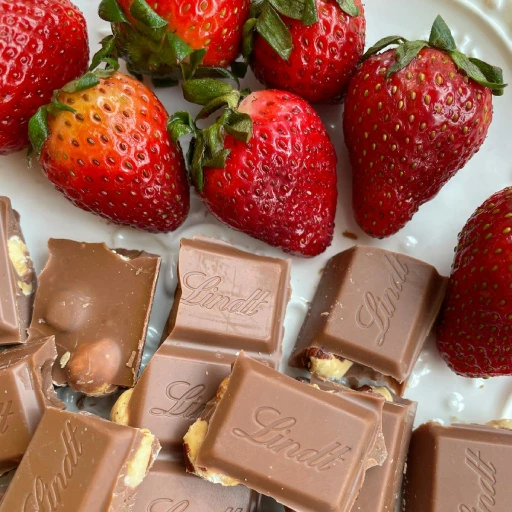
Lindt & Sprüngli

Known For: Premium Swiss chocolate with a silky texture and rich flavor, including the iconic Lindor truffles.
Employees: Approximately 14,000 globally
Farming & Ethics: Lindt sources its cocoa through its own sustainability program, the Lindt & Sprüngli Farming Program, which focuses on full traceability and better farmer incomes. It has invested in child labor monitoring and aims to eliminate exploitation in its supply chain.
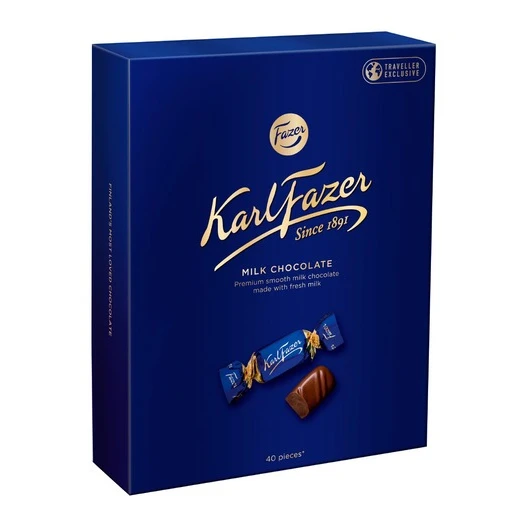
Fazer

Known For: A Finnish favorite, especially known for its "Fazer Blue" milk chocolate. Strong on plant-based innovations and Nordic quality.
Employees: Around 6,000 globally
Farming & Ethics: Fazer uses certified sustainable cocoa via the Cocoa Horizons and Rainforest Alliance programs, supporting traceable supply chains and improved farmer livelihoods. It’s committed to eliminating child labor and promotes transparency in sourcing.
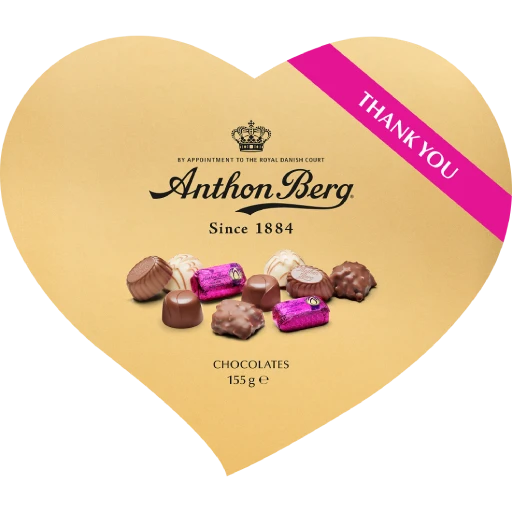
Toms

Known For: Classic Danish confectionery with brands like Anthon Berg, Galle & Jessen. Famous for marzipan and liquorice as well as chocolate.
Employees: Between 1,200–1,700 depending on season
Farming & Ethics: Toms has committed to responsible sourcing and works with suppliers to ensure fair treatment of cocoa farmers, but currently lacks full traceability and direct farmer support programs.
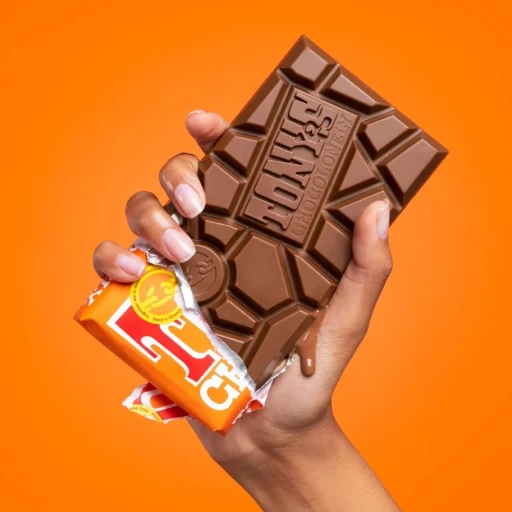
Tony’s Chocolonely

Known For: Chunky bars with a bold mission — making 100% slave-free chocolate the new norm.
Employees: Around 400 worldwide
Farming & Ethics: Tony’s is a pioneer in transparent cocoa sourcing. It partners directly with co-ops in Ghana and Côte d’Ivoire and publishes annual impact reports. The brand leads industry efforts against child labor and modern slavery.

Stollwerck

Known For: A heritage German chocolate maker, now part of the Belgian Sweet Products Group, known for private label production and classic European chocolate bars.
Employees: Around 1,500
Farming & Ethics: Committed to certified sustainable cocoa via programs like UTZ and Rainforest Alliance. Less publicly vocal than peers about its anti-slavery initiatives.
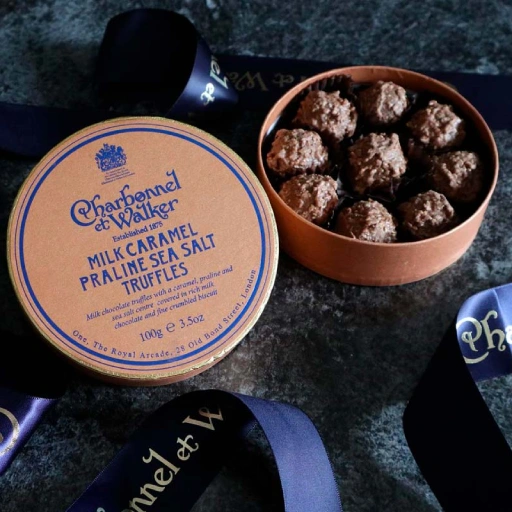
Charbonnel et Walker

Known For: Iconic British luxury chocolatier, famous for its Marc de Champagne truffles and Royal Warrant status.
Employees: Small, boutique-scale operation
Farming & Ethics: Sources cocoa through the Cocoa Horizons Foundation, promoting better farmer incomes, women's empowerment, and child education. The foundation is audited for transparency, though the brand does not publish its own ethical sourcing reports.
Business in Russia doesn't get you far up on our list
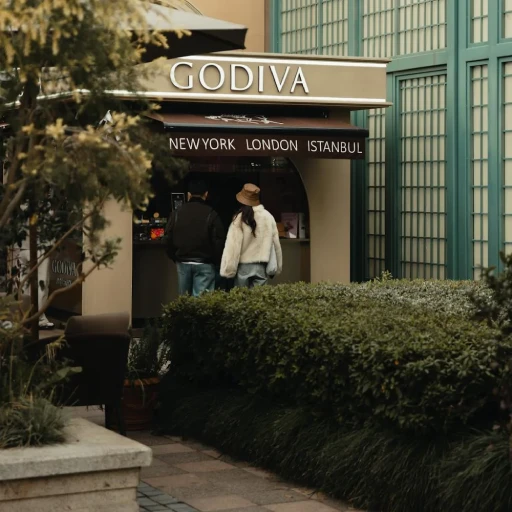
Godiva

Known For: Luxury Belgian chocolates, famous for gourmet truffles, pralines, and chocolate-dipped strawberries.
Employees: Approximately 2,500–5,000 globally
Controversies: Continues to operate in Russia via its parent company. Godiva is part of Pladis, which has maintained its business in Russia.
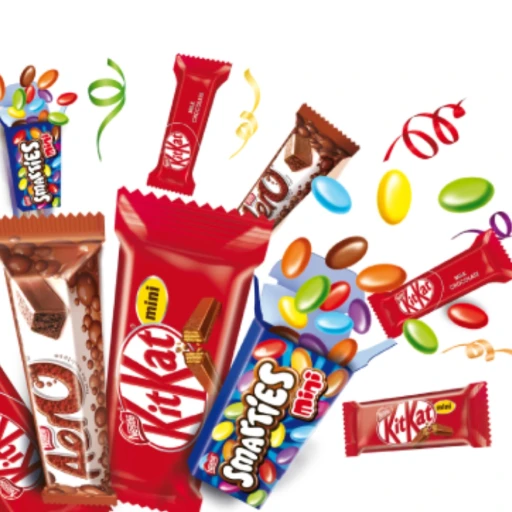
Nestlé

Known For: Brands like KitKat, Smarties, and Quality Street. Recognized for a vast product range; faced backlash over continued Russian operations.
Employees: Approximately 273,000 globally.
Controversies: Continues operations in Russia, focusing on essential products; some brands remain available in Russian markets.
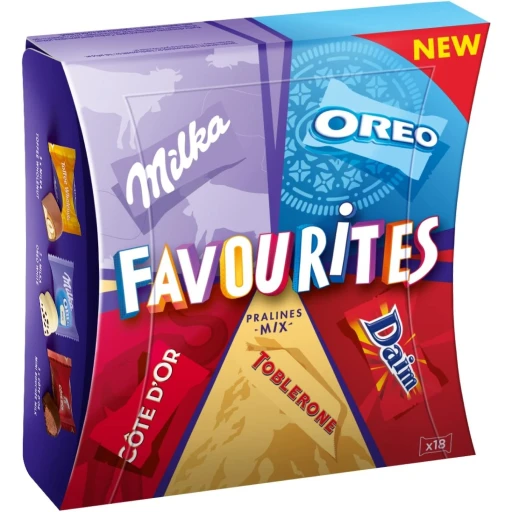
Mondelez International (USA)
Known For: Cadbury (UK), Milka, Toblerone. Products are popular worldwide; ongoing Russian business has led to reputational challenges.
Employees: Around 80,000 globally.
Controversies: Continues operations in Russia; designated as an "international sponsor of war" by Ukraine in 2023.
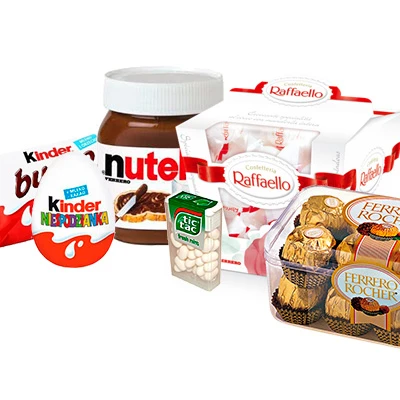
Ferrero

Known For: Beloved for its Nutella spread and Ferrero Rocher chocolates, as well as Kinder chocolates.
Employees: Approximately 47,000 globally
Controversies: Despite initial statements about scaling back, Ferrero continues to operate in Russia. Its Russian factory remains open and products are still sold.
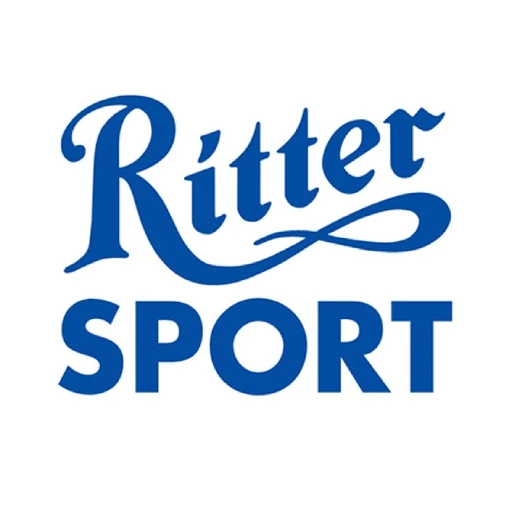
Ritter Sport

Known For: Distinctive square chocolate bars (100g) available in a wide array of flavors.
Employees: Approximately 1,000 worldwide
Controversies: Continued operations – about 7% of Ritter Sport’s sales come from Russia, so the company chose to keep selling there while stopping new investments and marketing.
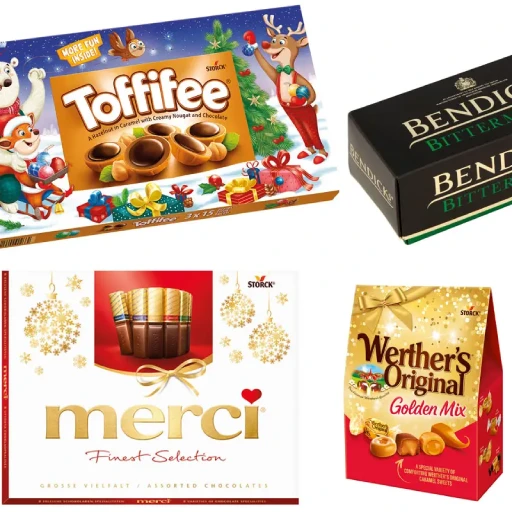
August Storck

Known For: Maker of popular sweets like Werther’s Original caramel candies, Toffifee caramel hazelnut cups, Merci chocolate, and Knoppers wafers.
Employees: Approximately 6,100 globally
Controversies: Storck has continued “business as usual” in Russia. In fact, exports to Russia grew over 50% in the year after the invasion.